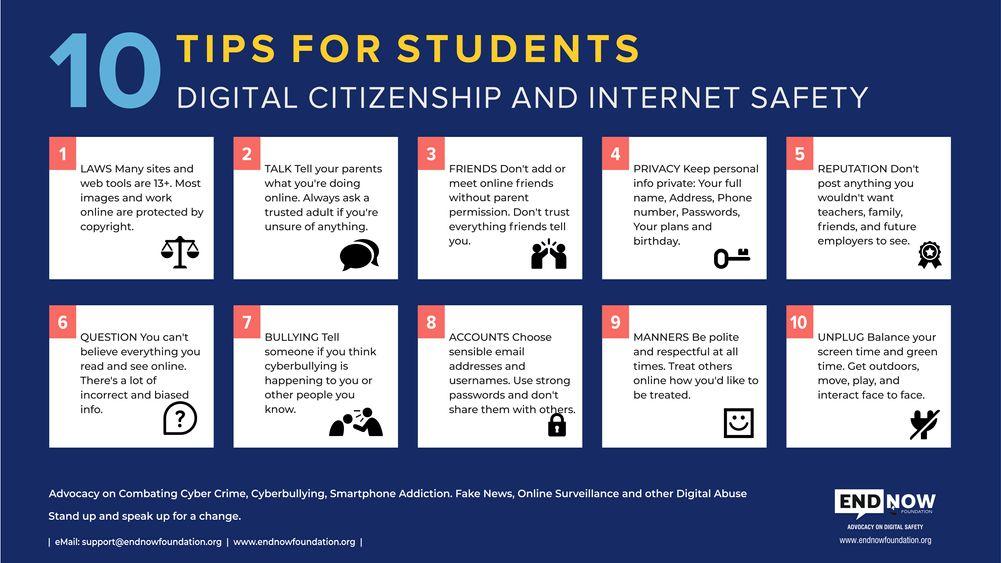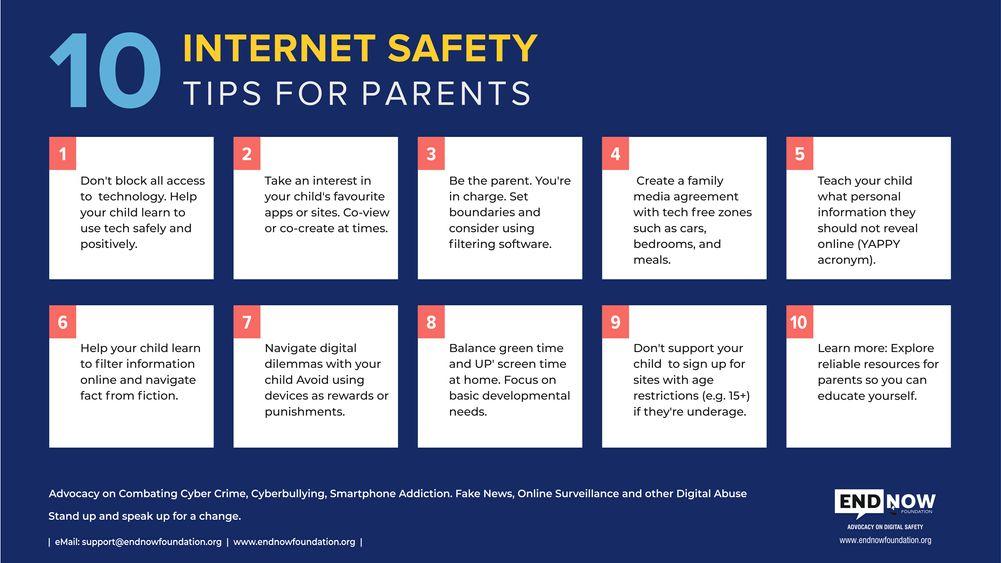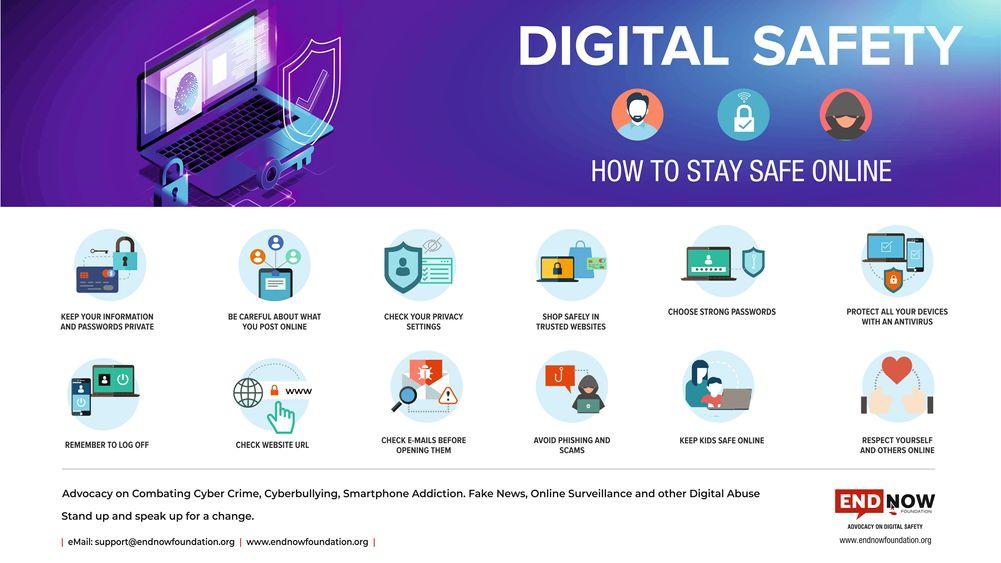There are some malicious software programs like computer viruses that interfere with your computer operations, record, corrupt or delete important data. Computer viruses can spread from one computer to another and thereby seep through cyber spaces, invading the network of your organization. This can disrupt the work and affect productivity. Computer viruses can be mildly annoying and can sometimes destruct the entire cyber spaces across. With a little care, you can prevent these malicious computer viruses from destructing your network, devices and data.



